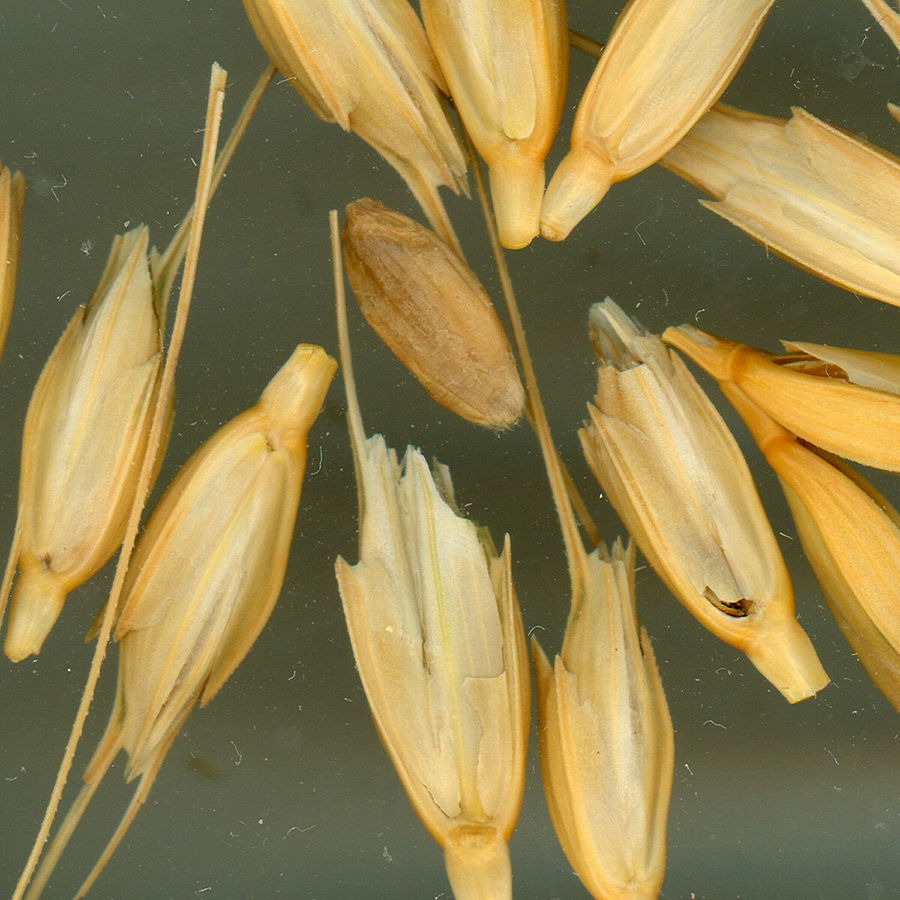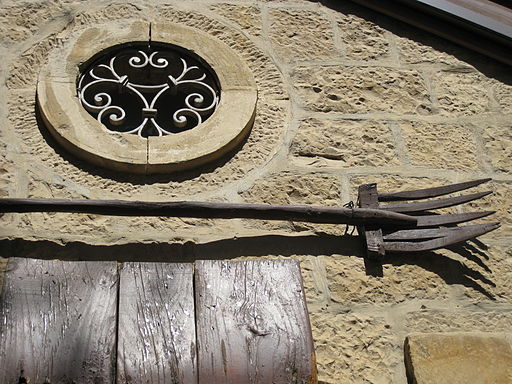by Lois Tverberg
“The kingdom of heaven may be compared to a man who sowed good seed in his field. But while his men were sleeping, his enemy came and sowed tares among the wheat, and went away. When the wheat sprouted and bore grain, then the tares became evident also…The slaves said to him, `Do you want us, then, to go and gather them up?’ “But he said, `No; for while you are gathering up the tares, you may uproot the wheat with them.'” – Matthew 13:24-26, 29
 When we read the parable of the wheat and the tares, it’s difficult to see Jesus’ reason for telling it. It is about the “kingdom of heaven,” which is the idea that God would establish his reign over the whole world when all peoples of the world would abandon their idols and worship only him. The picture that many had was that God’s judgment would come to wipe out all idolatry, a logical answer to the problem of evil. In one sudden event, God would assert his power and vanquish his enemies, the “wicked” nations around them, and those of their own nation who were “sinners.”
When we read the parable of the wheat and the tares, it’s difficult to see Jesus’ reason for telling it. It is about the “kingdom of heaven,” which is the idea that God would establish his reign over the whole world when all peoples of the world would abandon their idols and worship only him. The picture that many had was that God’s judgment would come to wipe out all idolatry, a logical answer to the problem of evil. In one sudden event, God would assert his power and vanquish his enemies, the “wicked” nations around them, and those of their own nation who were “sinners.”
John the Baptist also shared this picture, and John warns that because Christ had arrived, judgment was right around the corner. He says that Christ had come to destroy the chaff and weeds, and that the harvest was at hand:
“His winnowing fork is in His hand to thoroughly clear His threshing floor, and to gather the wheat into His barn; but He will burn up the chaff with unquenchable fire.” (Luke 3:17).
 Jesus uses the parable of the wheat and tares to explain that God’s kingdom on earth was different than John expected – that this was not the time for God to destroy the wicked, but that he would allow his kingdom to grow in the midst of them. God’s mercy is displayed in that he does not destroy the tares among the wheat. Rather, the wheat would grow in the midst of the tares, so that there was still hope for the enemies if they chose to repent and enter. God would establish his kingdom, not by judgment, but by mercy to sinners, who would be reconciled with God through Jesus’ atoning death. Judgment would be delayed, and mercy extended to everyone who would enthrone God as their king.
Jesus uses the parable of the wheat and tares to explain that God’s kingdom on earth was different than John expected – that this was not the time for God to destroy the wicked, but that he would allow his kingdom to grow in the midst of them. God’s mercy is displayed in that he does not destroy the tares among the wheat. Rather, the wheat would grow in the midst of the tares, so that there was still hope for the enemies if they chose to repent and enter. God would establish his kingdom, not by judgment, but by mercy to sinners, who would be reconciled with God through Jesus’ atoning death. Judgment would be delayed, and mercy extended to everyone who would enthrone God as their king.
Jesus’ picture of the kingdom of God gives us a powerful description of God’s character. It shows that God is, at his very heart, merciful and wanting no one to perish. Our response must be to examine ourselves, realize that no one is righteous, and repent and receive God as our King.
Photo: National Plant Germplasm System and Deror avi

